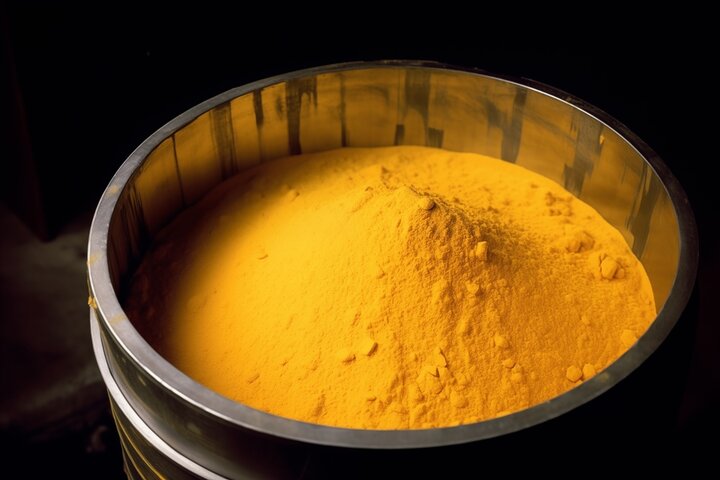The current headlines and weak behaviour of stock markets – particularly the negative sentiments around China – may be causing concerns among our clients. Here we attempt to shed some light on the larger issues at play.
China, on account of the size of its economy, has been the main driver of world economic growth since the GFC (and indeed in its lead-up). It is evidently facing several issues as it moves away from investment driving its growth, to growth being derived by greater private consumption. This is taking place against a backdrop of an anti-corruption campaign that is causing deferral of decisions and over-investment in many manufactured goods. To assist in this transformation, the Chinese Government is reducing the cost of money and increasing its expenditure (currently running a deficit of 4.4%) and is also allowing the Rmb to find a market cleared price. This is common enough and has been the path of the Yen, Euro and indeed the Australian dollar. The problem with a system steeped in government intervention is that there is a lack of faith in allowing market mechanisms to deal with quantity and price - too often planners will try to control both! Tampering creates other distortions.
The past high investment was internally funded through abnormally high savings. This pattern is likely to change slowly and hence the conversion of the economy cannot occur overnight. The consequence is that under-utilised factories will try to find markets abroad with deflationary effects on prices and this will wash across broad categories of products (companies) via weaker profits and in pure commodities, weak demand and prices.
It is this pressure on company profits in a world that has too much debt (much higher now than at the outset of the GFC) which tends to impede growth that is alarming investors. Valuations in so-called developed markets are high as investors had sought safety by investing in an ever-narrowing group of ‘predictable’ earners. Indeed it has been these types of companies that have led many markets higher for the last several years, while commodity producers have been underperformers.
With the belief that inflation is likely to stay low, and having experienced low rates for a long while, investors now seem to be less concerned to hold cash and to avoid the uncertainty of equities.
We will not quibble about this. However, we have long anticipated a considerable rise in non- performing loans in China, even though reporting them will be retarded. We have anticipated a weakening Chinese yuan and have had no exposure within our portfolios* for several months and our investment exposure is to the consumer, not the grossly over-sized manufacturing sector.
We have been ever more cautious as to the type of companies we wish to hold and the valuations we are prepared to accept, which has resulted in a rise in the cash holdings in these portfolios. In addition, the most favoured market on account of its apparent steady prospects, the US, is we argue, the most over-owned, and we have therefore been shorting it as additional protection**. This is now returning to us some of the costs incurred in having been cautious for some while.
While the media is likely to cast China as the centre of the current instability in markets, the point will be lost that the dice was long cast when it doubled outstanding credit in the three years after the GFC, and by so doing, provided respite for all. With prices having already declined 40% across emerging markets since 2011, current poor sentiment has already been well, if not fully, expressed in their share prices.
We like the valuations of the companies we own across markets from a long-term perspective and have the cash and the benefit of shorts to add to holdings in the event of further weakness.
* Platinum International Fund and Platinum Asia Fund** Platinum International Fund
DISCLAIMER: The above information is commentary only (i.e. our general thoughts). It is not intended to be, nor should it be construed as, investment advice. To the extent permitted by law, no liability is accepted for any loss or damage as a result of any reliance on this information. Before making any investment decision you need to consider (with your financial adviser) your particular investment needs, objectives and circumstances. The above material may not be reproduced, in whole or in part, without the prior written consent of Platinum Investment Management Limited.

